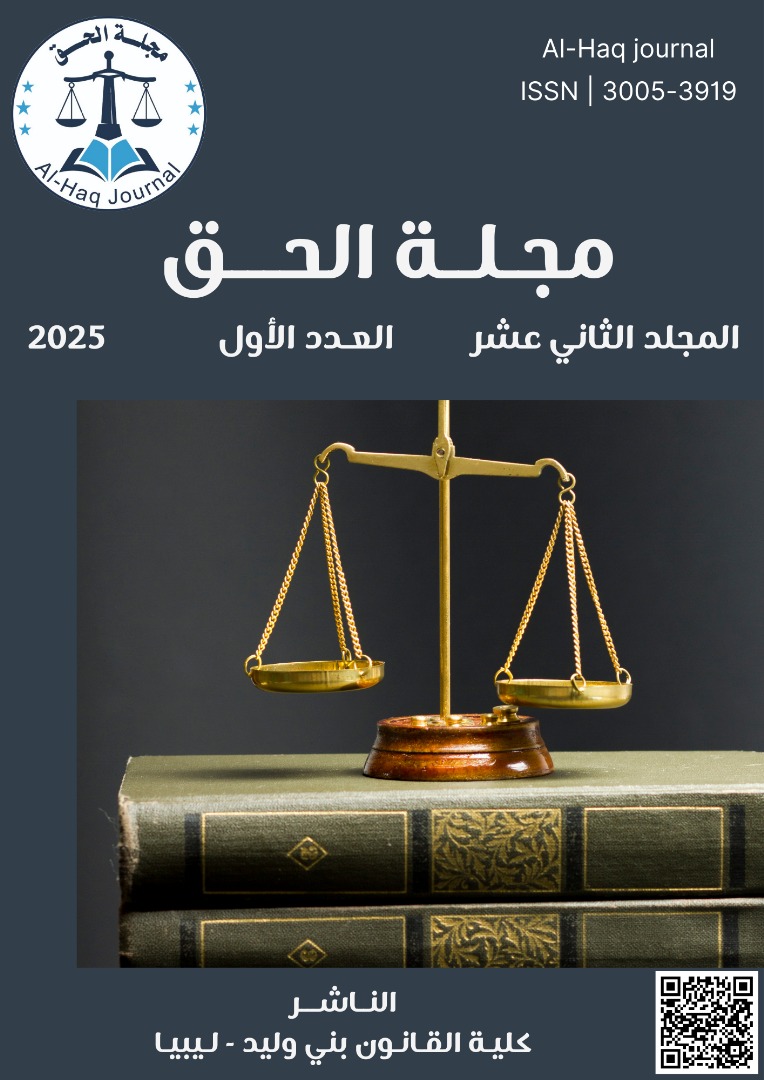The objectives and provisions of mortgage: a jurisprudential study
DOI:
https://doi.org/10.58916/alhaq.v12i1.407Keywords:
Mortgage contract, its ruling, evidence of the ruling, necessity of the mortgage, objectives of the mortgageAbstract
The mortgage contract in Islamic law aims to achieve noble objectives, most notably preserving rights and ensuring the immediate repayment of debts when the debtor is unable to pay. This enhances confidence in financial transactions and protects creditors' funds from loss. One of its most important objectives is to facilitate financing for those in need by providing a guarantee to the creditor, thus supporting the public interest in market stability. Regarding its jurisprudential provisions, its validity requires that the mortgager own the mortgaged item and be authorized to dispose of it. The mortgaged item must be a known, legally valued, and salable property. The contract results in the transfer of possession of the mortgaged item to the creditor (the mortgagee) or his representative as a trust, without the mortgagee having the right to benefit from it except with permission. When the due date comes and payment is not made, the creditor has the right to sell the mortgaged item and recover his debt from it, and the remaining proceeds are returned to the mortgager. Thus, rights are preserved and interests are protected.
Downloads
Downloads
Published
Issue
Section
License

This work is licensed under a Creative Commons Attribution-NonCommercial 4.0 International License.









